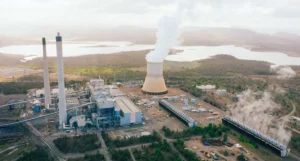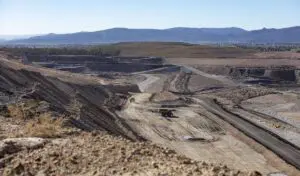A new report published has shown that Great Britain reported a record-low share of generation from fossil fuels in the third quarter, dropping to 41% of total generation for the first time.
The UK-based energy analysts EnAppSys report – GB Electricity Market Summary for the third quarter of 2018 (July to September) says fossil fuels have fallen from 74% of the total back in the third quarter of 2010 as the Government closed coal plants and the share of renewable energy skyrocketed.
For comparison, in the third quarter of 2010, renewables were only generating 5.5 TWh of electricity, or approximately 7% of Great Britain’s total, but have since risen to 18.2 TWh, or 28%, by the third quarter of 2018.
Further, even as the share of fossil fuel has decreased, the type of fossil fuels that remain have become ever-cleaner, as natural gas rose to become the primary source of electricity generation across Great Britain.
The increase in renewable energy has, almost single-handedly, eaten coal’s lunch money, and reduced coal to providing “a nominal share of generation”. Renewable energy (as a whole) now consistently provides the second-largest share of electricity within Great Britain, beating out nuclear power.
“With coal out of favour within the GB power market, carbon price rises do not have much impact upon fossil fuel projects except to push the cost of generation up,” explained Paul Verrill, director of EnAppSys.
“This makes these schemes less favourable than other projects with low (fixed) fuel costs, such as renewables and nuclear, which will be earning income above levels that would otherwise have been expected. These projects should see a significant boost in the short and medium term.”
Conversely, while Great Britain’s electricity mix is healthy, the cost of electricity has continued to increase “as underlying carbon and fuel commodity prices remained high,” with the European Union’s Emissions Trading Scheme (ETS) carbon prices now sitting above €20/te CO2 – well up on levels as low as €5/te CO2 recorded in the summer of 2017. As such, the cost of gas in the market has increased.
On the reverse side of that, however, the price-hike for natural gas is a boon for the renewable energy industry, and EnAppSys expects renewable energy projects to be seeing higher-than-expected levels of profitability.










